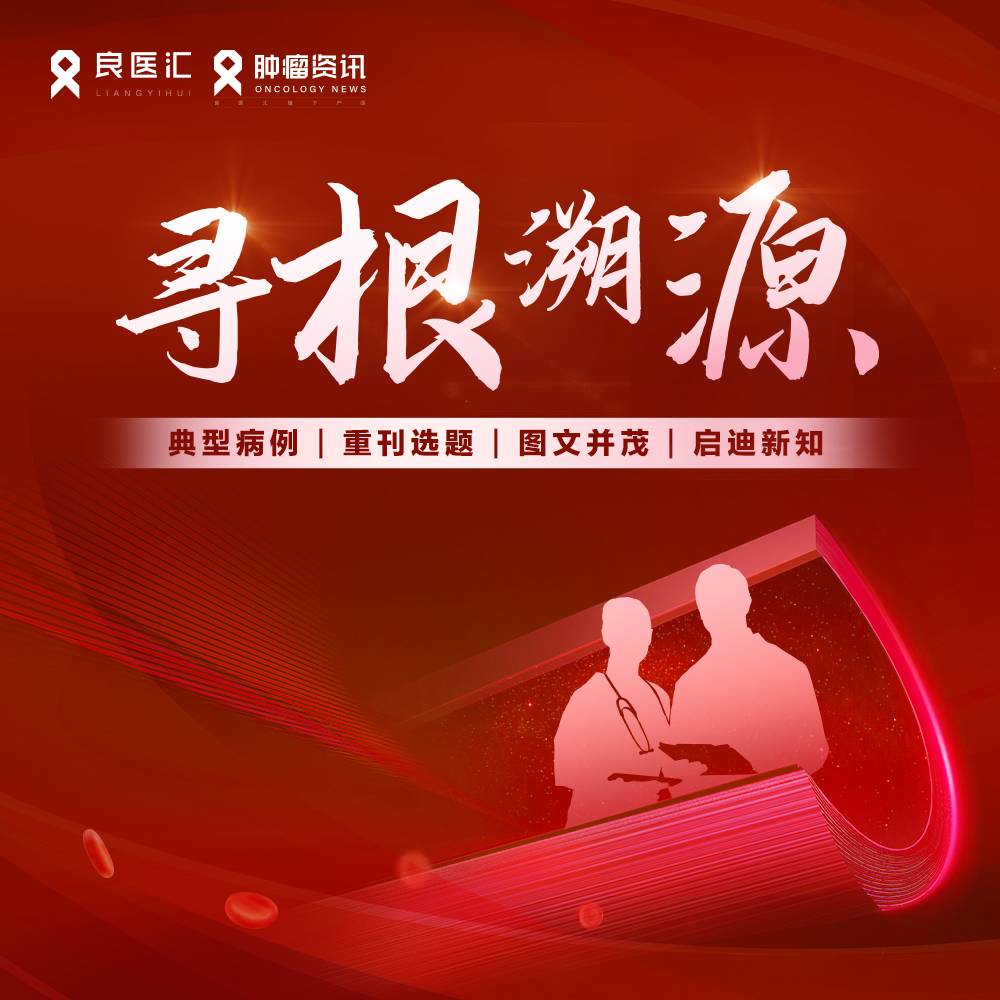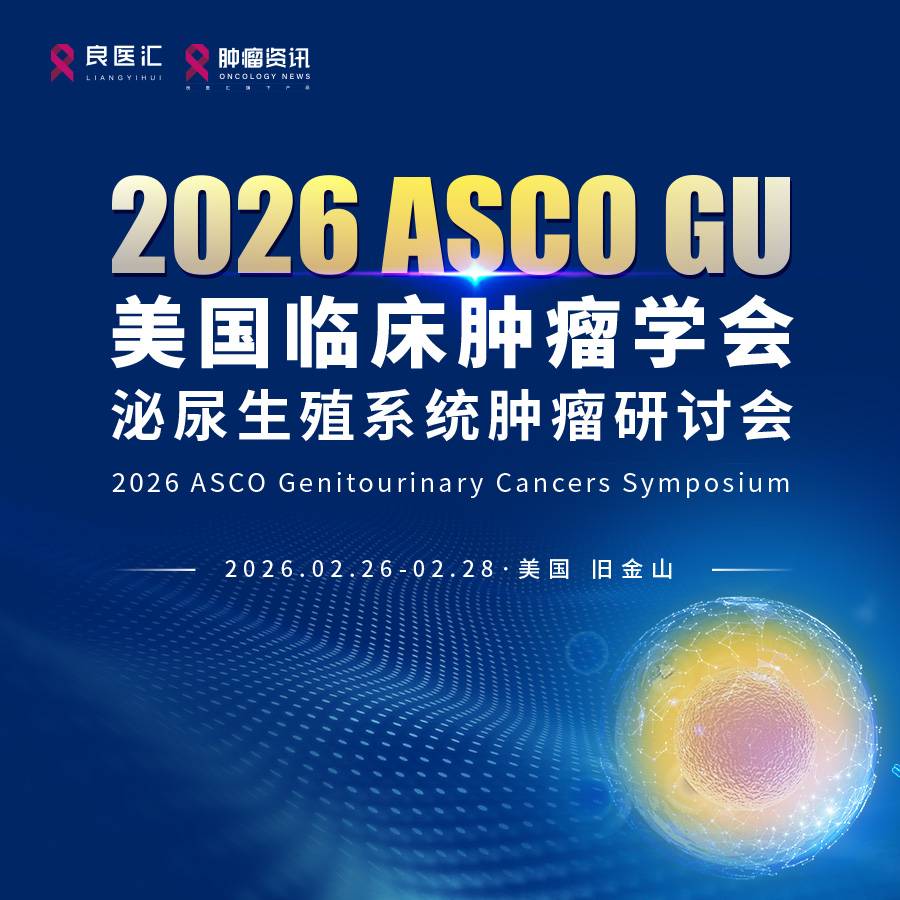作者:Max
来源:医脉通肿瘤科
2014年12月,国家食品药品监督管理局(CFDA)批准阿帕替尼上市,适用于晚期胃癌或胃食管结合部腺癌患者三线及三线以上治疗,且患者接受阿帕替尼治疗时一般状况良好。
阿帕替尼是小分子血管内皮生长因子受体-2(VEGFR-2)酪氨酸激酶抑制剂(TKI),其主要作用机制是竞争性结合该受体胞内酪氨酸ATP 结合位点,高度选择性地抑制VEGFR-2酪氨酸激酶活性,阻断血管内皮生长因子(VEGF)结合后的信号传导,从而强效抑制肿瘤血管生成。
针对VEGFR-2肿瘤血管生成抑制剂的雷莫芦单抗与阿帕替尼作用机制相似,2014年4月得到美国FDA批准,用于治疗晚期胃癌或胃食管结合部癌,并被收入2015年NCCN临床实践指南作为晚期胃癌二线治疗方案。
2013年,阿帕替尼治疗晚期胃癌Ⅱ期研究结果在JCO发表;
2014年,Ⅲ期研究入选ASCO大会口头报告,同时也入选Best of ASCO;
2016年2月,Ⅲ期研究最终结果在JCO发布。
阿帕替尼在胃癌治疗领域高歌猛进的同时,来自中国、意大利和韩国的学者分别在JCO发文对该药的临床试验和研究结果提出了自己的观点。阿帕替尼曾获国家“十一·五”和“十二·五”计划重大新药创制专项基金的支持。
阿帕替尼治疗晚期胃癌Ⅲ期研究回顾
全国多中心(32个)、随机、双盲、平行对照的Ⅲ期临床研究(ClinicalTrials.gov注册编号:NCT01512745),最终共纳入二线或二线以上全身化疗失败的晚期转移性胃癌(mGC)患者共273例,按照2:1比例,中心随机分为试验组181例和安慰剂对照组92例,分别采用阿帕替尼或安慰剂,850 mg po,qd;28天为一个周期。
依据RECIST v1.1版标准评价和NCI-CTC AE 3.0版标准分别严密观察和评价客观疗效和不良事件。
主要研究终点为总生存期(OS),次要研究终点包括无进展生存期(PFS)、疾病控制率(DCR)、客观缓解率(ORR)、生活质量(QoL)评分和安全性。
[随机后,有6例患者未用药,不进入数据集,则阿帕替尼组和安慰剂对照组各为176例和91例]
▲不考虑交叉给药因素,以全分析集(FAS)分析,阿帕替尼组和安慰剂组的中位OS分别为6.5个月 vs 4.7个月(P= 0.0149)。
▲以符合方案集(PPS)分析,阿帕替尼组与安慰剂组的中位OS分别为7.6个月vs 5.0个月(P=0.0027);中位PFS分别为2.6 个月vs 1.8个月(P<0.001)。
▲以FAS分析,阿帕替尼组与安慰剂组的ORR分别为2.84% vs 0%;阿帕替尼组与安慰剂组的DCR分别为42.05% vs 8.79%。
▲根据EORTC QLQ-C30量表,两组患者生活质量评分变化未见明显差异。
三国专家不同声音引关注
1、复旦大学肿瘤医院的张盛教授发文:
(1)在优效性试验中,意向性(intention-to-treat, ITT)分析应包括所有随机分配到干预组的受试者。ITT原则在效应量的估计方面相对保守,避免了参与者非随机丢失而产生偏倚。然而,如果在随机化后排除未启动治疗的患者,或在临床试验中排除停止治疗的患者,可能导致疗效偏大。
该Ⅲ期研究有6例患者被ITT分析排除在外,可能对最后的临床获益产生了些微的增效作用。
(2)毒性。在先前阿帕替尼治疗25例乳腺癌的Ⅱ期研究中,750mg/d的剂量下毒性较大,几乎所有患者都出现了≥3级的毒性反应,治疗相关死亡2例。因为毒性问题,在其他研究中,阿帕替尼的剂量减至500mg/d。而该胃癌Ⅲ期研究结论认为850mg/d可以耐受,这其中的剂量差距还不清楚。但是,该胃癌Ⅲ期研究的阿帕替尼组有40例患者中断治疗,其中22例是因为毒性反应。而完成治疗的患者中,21%都减量。
(3)阿帕替尼已在中国上市,未来的药物安全性监测至关重要。生活质量评价是药物有效性和安全性的一个测量指标,但该研究中患者参与QoL问卷调查的依从性不佳。
2、意大利比萨大学学者发文
该研究迈出了胃癌研究领域的重要一步,在雷莫芦单抗的基础上证实了靶向VEDFR-2抗体作为2-3线治疗胃癌的有效性。但该研究有几个问题需要注意:
(1)基线患者数据中,阿帕替尼组和安慰剂组患者的活动状态评分(PS)分布不均,前者PS=0的患者更多(27.3% vs 16.5%)。PS评分是晚期胃癌患者生存的重要影响因素,10%的差值虽无统计学意义,但有可能会对总生存产生影响。
(2)阿帕替尼治疗组3-4级手足综合征和中性粒细胞减少的发生率分别为8.5%和5.7%,将近一半患者出现不同程度的蛋白尿。在REGARD研究中,单药雷莫芦单抗治疗的蛋白尿发生率很低,只有4%。如果阿帕替尼与细胞毒化疗药联合,毒性或许难以接受。
(3)入组患者偏年轻,平均年龄58岁。
(4)阿帕替尼治疗胃癌QoL没改善,而雷莫芦单抗治疗的相关数据显示症状及PS评分恶化推迟。
(5)东西方胃癌在生物学背景和治疗模式上存在差异,缺少亚洲以外的阿帕替尼治疗临床数据。
3、韩国忠南国立大学医院的学者发文:
(1)阿帕替尼提供的临床获益不够亮眼:与安慰剂相比中位OS只延长了1.8个月,中位PFS则延长不到1一个月,客观缓解率仅有1.70%。
(2)如果能根据疗效预测标志物筛选患者,可以提高疗效,减少不必要的不良事件和过高的花费。
(3)毒性事件或可成为阿帕替尼药物有效性的检测标志?高血压、手足综合征和蛋白尿三大不良事件是否与患者的结局有关?
权威回应能否化解质疑
作为阿帕替尼治疗晚期胃癌Ⅲ期研究的PI,秦叔逵教授和李进教授针对上述观点进行了书面回应:
(1)根据ICH E9指南和CFDA的规定,可以从全分析集(FAS)中排除那些随机化后未接受治疗的患者,其他研究也存在这种情况。
(2)本研究中70%的患者曾接受胃切除术,75%为男性,阿帕替尼剂量承袭Ⅱ期胃癌研究。而乳腺癌Ⅱ期试验是探索性研究,患者均为女性。同一种药,不同的研究和适应症可能有不同的使用方式。另外,性别差异也可能对药物耐受产生影响,当然这需要进一步观察。
(3)本研究中第1、2、3周期的用药总剂量分别为21117.05mg,20050.00mg,20371.38mg;平均剂量分别为754.2mg,716.0mg,730.1mg。试验过程中未发现治疗相关死亡。
(4)在第三周期治疗结束时,QoL调查问卷的依从性在阿帕替尼和安慰剂组分别为34.7% vs7.7%,提示阿帕替尼治疗有对抗QoL恶化的效果。
(5)ECOG PS评分在两干预组中确有差异,但没有统计学意义,不会对总生存产生显著影响。
(6)本研究中,阿帕替尼治疗组患者3-4级蛋白尿和高血压的发生率分别为2.3%和4.5%;而在REGARD研究中,雷莫芦单抗治疗组两者发生率分别为4%和8%。蛋白尿和高血压是抗血管生成药物的主要不良事件,临床风险高。
(7)中国胃癌发病有年轻化趋势,45-64岁之间发病率最高。因此本研究中入组患者均<70岁。
(8)目前有一系列评价阿帕替尼联合化疗的研究或临床试验正在进行,前期数据显示药物不良反应未发生变化,且联合治疗有协同作用。
(9)本研究对心脏毒性相关不良事件进行了观察,报告及分析,阿帕替尼的心脏毒性不典型,绝大多数为轻中度。两干预组心脏毒性事件发生率无显著差别。
(10)本研究分析了阿帕替尼疗效和不良事件之间的关系,出现高血压、蛋白尿和手足皮肤反应的患者总生存优于未出现这些不良事件的患者。这些特异性不良事件可能会替代临床标志物作为药物活性的参考依据。相关数据将在不久之后公布。
(11)虽然雷莫芦单抗和阿帕替尼均靶向VEGFR,但雷莫芦单抗还未在中国上市,未来可以做头对头研究比较。
----------------------------
附秦叔逵和李进教授全文:
Reply to S. Zhang, L. Fornaro et al, and H.J. Lee et al
According to the concept offered by the International Conference on Harmonisation’s E9 guidelines5 and the China Food and Drug Administration,6 it is acceptable to exclude from the full analysis set (FAS) any patient who did not receive at least one dose of trial medication after random assignment. Therefore, we eliminated from the FAS six patients who did not take any trial medication. This is the same approach used in a phase III trial7 in which 162 patients were randomly assigned and three were eliminated from the FAS as a result of not taking any trial medication.
Of the patients in our study with gastric or gastroesophageal junction adenocarcinoma, 70% had experienced gastrectomy and 75% were male. Apatinib dosage in our phase III trial was based mainly on the dosage of the previous phase II trial of apatinib in gastric cancer.8 The phase II trial of apatinib in breast cancer, however, was an exploratory study, including dose exploring, and all patients were female.9 Use of a medicine may vary in different studies and indications, such as in the two trials of bevacizumab for breast cancer and colorectal cancer.10,11 In addition, the tolerance dose may differ between men and women patients, although this requires further observation.
In our trial, total dosages in cycles 1, 2, and 3 of the apatinib group were 21,117.05 mg, 20,050.00 mg, and 20,371.38 mg, respectively, and the average doses were 754.2 mg, 716.0 mg, and 730.1 mg, respectively. No treatment-related death was observed throughout the trial.
We appreciate the opportunity to respond to the quality-of-life (QoL) comments mentioned by Zhang.1 In our trial report, at the end of the third cycle, rates of compliance for responding to the QoL questionnaire were 34.7% in the apatinib group and 7.7% in the placebo group. It was suggested that treatment with apatinib may have an effect against the deterioration of patient QoL.
Although there were some Eastern Cooperative Oncology Group performance status differences in two groups at baseline, it was not statistically significant for a randomized, double-blind trial. Thus, this would not influence the overall survival significantly.
The results of our study reported that grade 3 to 4 proteinuria and hypertension occurred in 2.3% and 4.5% of patients, respectively, in the apatinib group. In the REGARD study mentioned by Fornaro et al,2 grade 3 to 4 proteinuria and hypertension developed in 4% and 8% of patients, respectively, in the ramucirumab group.12 Generally, proteinuria and hypertension are recognized as the main characteristic adverse event (AE) of antiangiogenesis agents and have high clinical risk.
The RAINBOW13 trial focused on European and American populations; however, gastric carcinoma in China tends toward younger patients, that is, people age 45 to 64 years have the highest incidence.14 Hence, it is well founded that we enrolled patients age < 70 years in our trial.
Several experimental studies and clinical trials about the efficacy and safety of apatinib combined with chemotherapy are ongoing. Preliminary data have showed synergistic effects of combination therapy and unchanged adverse drug reaction profiles.
Cardiotoxicity-related AEs were observed, reported, and analyzed exactly in this trial. Cardiac toxicity of apatinib was atypical and most AEs were mild or moderate. There was no statistically significant difference in cardiac toxicity between the apatinib and placebo groups.
The relationship between the specific AEs and the efficiency of apatinib has been noted, as Lee et al3 write. In our trial, overall survival for patients who had hypertension, proteinuria, and hand-foot skin reaction was greater than that of patients who did not experience those AEs. These specific AEs could be considered surrogate clinical biomarkers of drug activity. Relevant data analysis will be published soon.
Apatinib is a small molecular and multiple-target tyrosine kinase inhibitor, whereas ramucirumab is a large molecular and humanized IgG1 monoclonal antibody. They both mainly target vascular endothelial growth factor receptor, but with different mechanisms. Ramucirumab has not yet been approved for use in China. We look forward to proceeding with head-to-head studies of the two drugs in the future.
-------------------------
参考:
1. Qin S,Li J. Reply to S. Zhang, L. Fornaro et al, and H.J. Lee et al. J Clin Oncol 2016 Aug 15.
2. Zhang S. Problematic Analysis and Inadequate Toxicity Data in Phase III Apatinib Trial in Gastric Cancer. J Clin Oncol 2016 Aug 15.
3. Fornaro L. et al.Apatinib in Advanced Gastric Cancer: A Doubtful Step Forward. J Clin Oncol 2016 Aug 15.
4. Lee HJ.et al. Is Treatment-Emergent Toxicity a Biomarker of Efficacy of Apatinib in Gastric Cancer? J Clin Oncol 2016 Aug 15.
5.秦叔逵,李进. 阿帕替尼治疗胃癌的临床应用专家共识[J].临床肿瘤学杂志,2015,09:841-847.














 苏公网安备32059002004080号
苏公网安备32059002004080号


